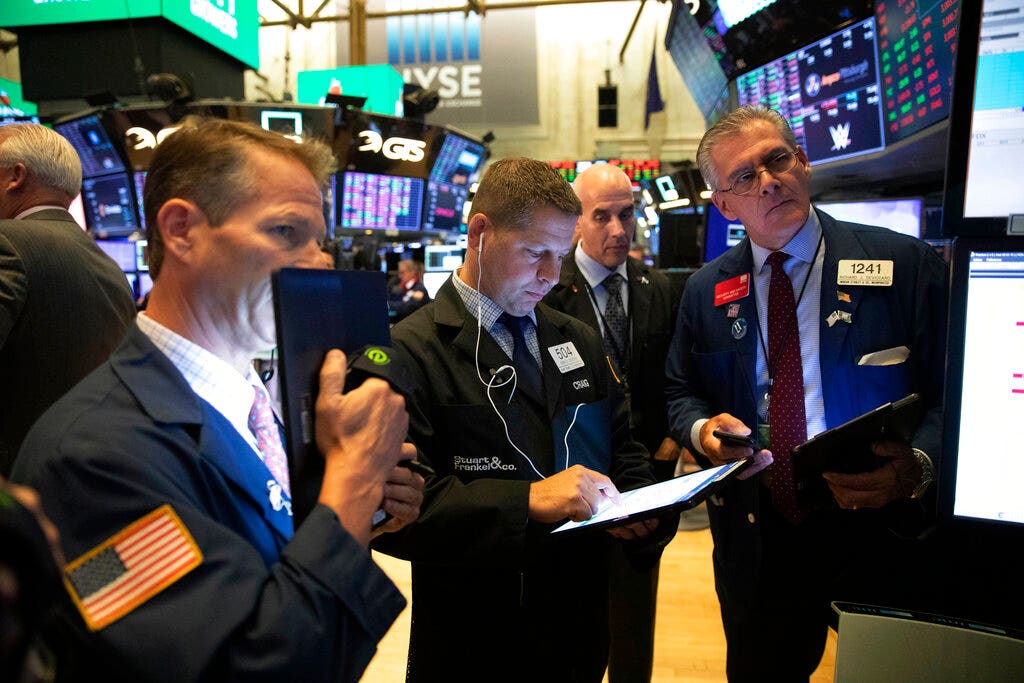Yesterday I wrote about the truly shocking development that Delta would buy a stake in LATAM, and as a result LATAM would cut ties with American and oneworld. This was all happening while American and LATAM were pursuing a joint venture, though they were having problems getting regulatory approval in Chile.
The extent to which this came out of left field, and the extent to which this largely reshapes the global airline industry in so many ways, can’t be understated.
In this post I wanted to take a closer look at who the “losers” are in this situation:
American
It sure seems like American was blindsided by this. The airline is trying to downplay the severity of what happened. American says that they understand LATAM’s decision, and that their current relationship provided less than $20 million of incremental revenue to American. That’s probably technically true, though doesn’t fully underscore the extent to which this decision is going to be negative for them.
It’s true that American and LATAM were struggling to get their joint venture approved, and they would have had so many restrictions that it would have only been marginally worthwhile.
The real loss here doesn’t come in the form of incremental revenue loss, but rather from American and oneworld going from the dominant airline and alliance in the region, to now being a distant second:
- American has generally been scaling back operations in South America, especially to secondary markets
- American is left without a partner airline in South America, so they have few connection opportunities beyond their major hubs there
- It’s true that Miami is the key gateway to South America, and American is still strong there, though keep in mind that LATAM also has flights to 10 destinations from Miami, so in many ways they can compete there
It’s going to be very interesting to see how American acts going forward. I’m curious if they just sort of largely concede Latin America, or if they ramp up operations and try to compete with the Delta & LATAM partnership.
The thing is, American actually could be very competitive, given they have Miami as a key gateway. But the question is whether or not Latin America is a lucrative enough market for them as of now, or whether American management can be forced to wake up and take action on anything.
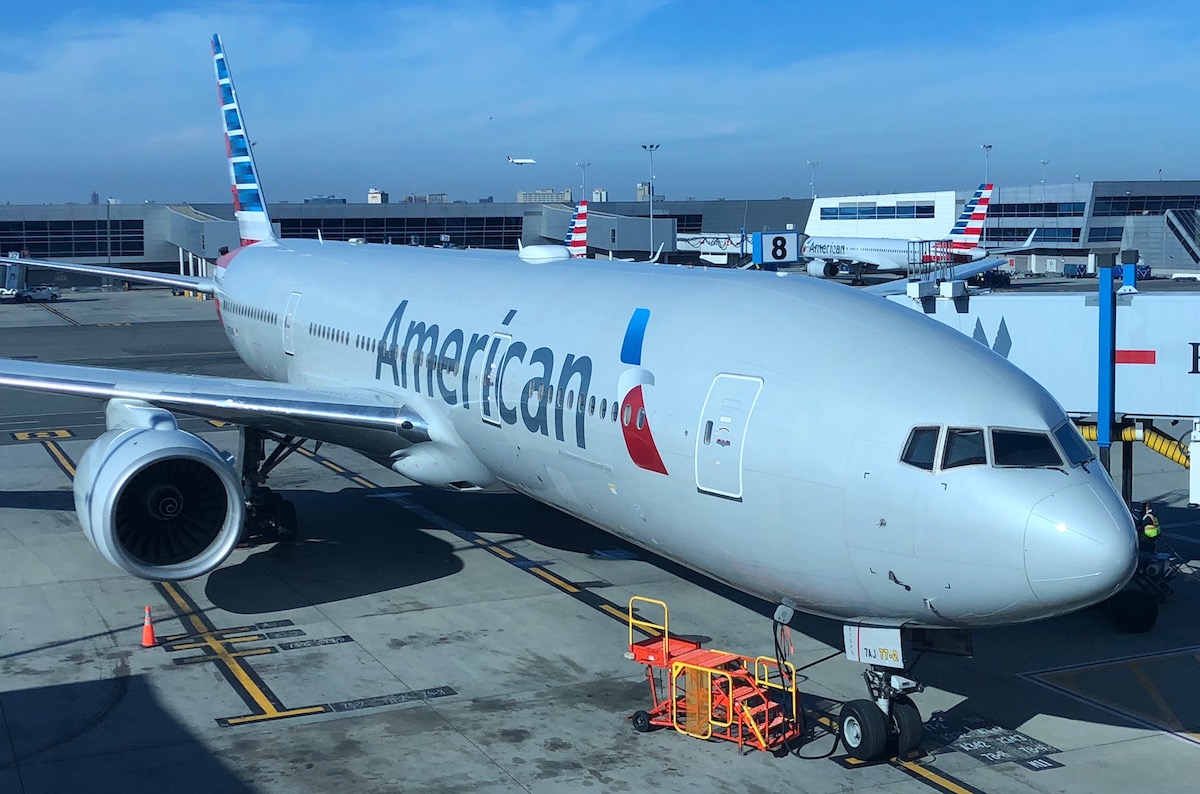
Oneworld
LATAM is leaving oneworld, and that’s a huge loss for the alliance. While oneworld has some awesome airlines, and while they have great recognition for elite members, oneworld will have a huge hole in their network.
In Latin America Star Alliance has Avianca and Copa, while SkyTeam at least has Aerolineas Argentinas. Oneworld will have nothing.
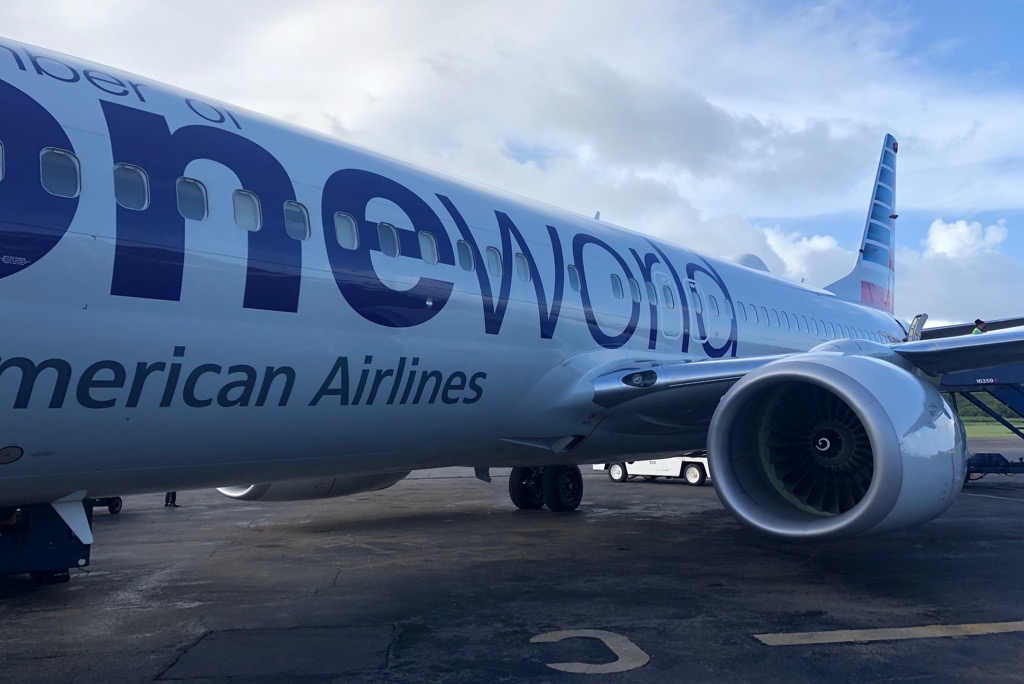
SkyTeam
This might come as a surprise, but I actually think SkyTeam loses with this as well. While LATAM is leaving oneworld, there are no indications that they’re joining SkyTeam, and that’s bad news for SkyTeam.
Delta management has increasingly been talking about how they don’t see value in SkyTeam.
As Delta continues building their own global network of airlines without them joining SkyTeam, it increasingly deemphasizes the value of the alliance.
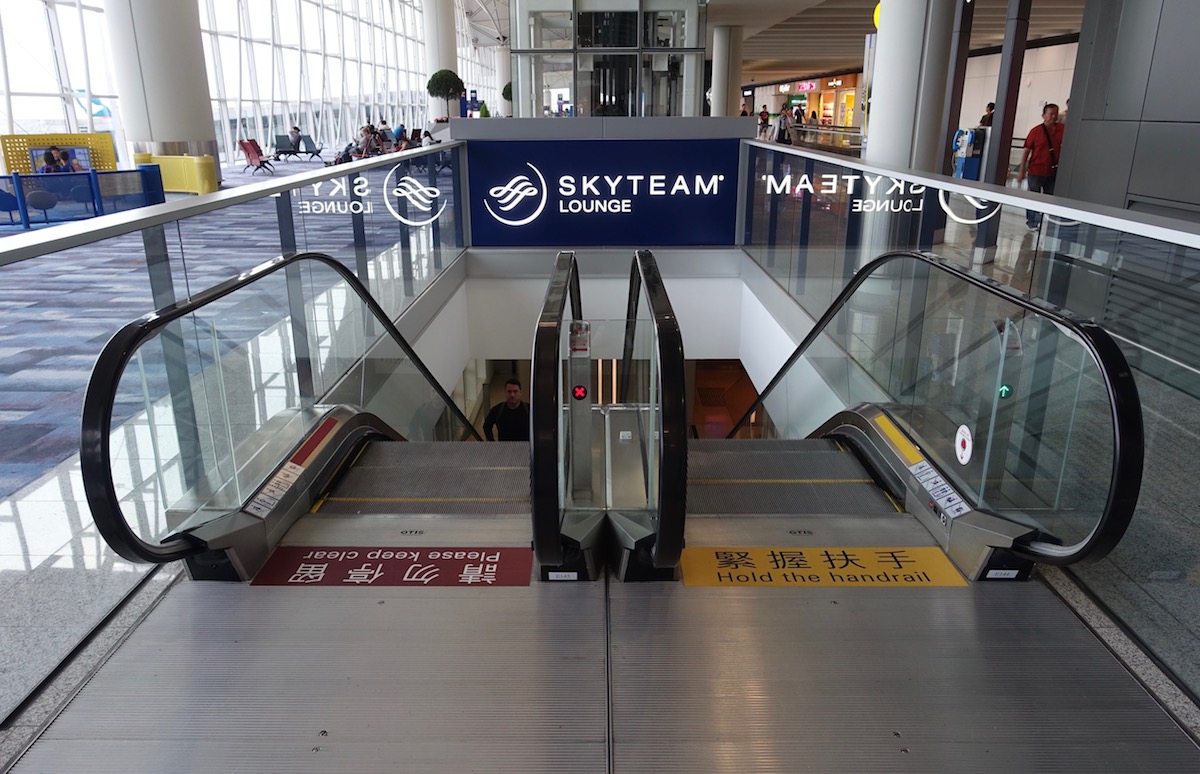
Gol
A few years ago Delta bought a stake in and formed a partnership with Brazilian airline Gol. This was an attempt for Delta to get some sort of a presence in Brazil, though obviously they’re not the ideal partner if you’re trying to build a global alliance.
It has been announced that Delta will be dropping their stake in Gol, so we can expect that that partnership will end soon as well.

Alaska
Alaska has a global network of partner airlines, and for years they’ve partnered with LATAM. It has been great to be able to earn and redeem Alaska Mileage Plan miles for travel on LATAM.
While nothing has been formally announced, I’d be willing to bet that Delta will force LATAM to cut ties with Alaska.
Delta and Alaska are sort of enemies at this point (they used to be frenemies), given how fiercely they’ve been competing in Seattle. So the precedent has been that as Delta gets closer to airlines, they magically cut ties with Alaska.

Savvy Consumers
I don’t want to say that consumers on the whole lose out because of this new partnership, though I do think it’s fair to say that savvy consumers will lose out.
In many ways, American and LATAM were exactly where I wanted them. I was happy their joint venture wasn’t approved, since it meant there was more competition in the marketplace.
But for savvy consumers, I ultimately do think LATAM was better where they are now than where they will be:
- LATAM is currently in a global alliance, meaning that people from around the world can easily earn and redeem miles on them
- The global alliances do offer a lot of consumer benefits, like lounge access, priority check-in, and more
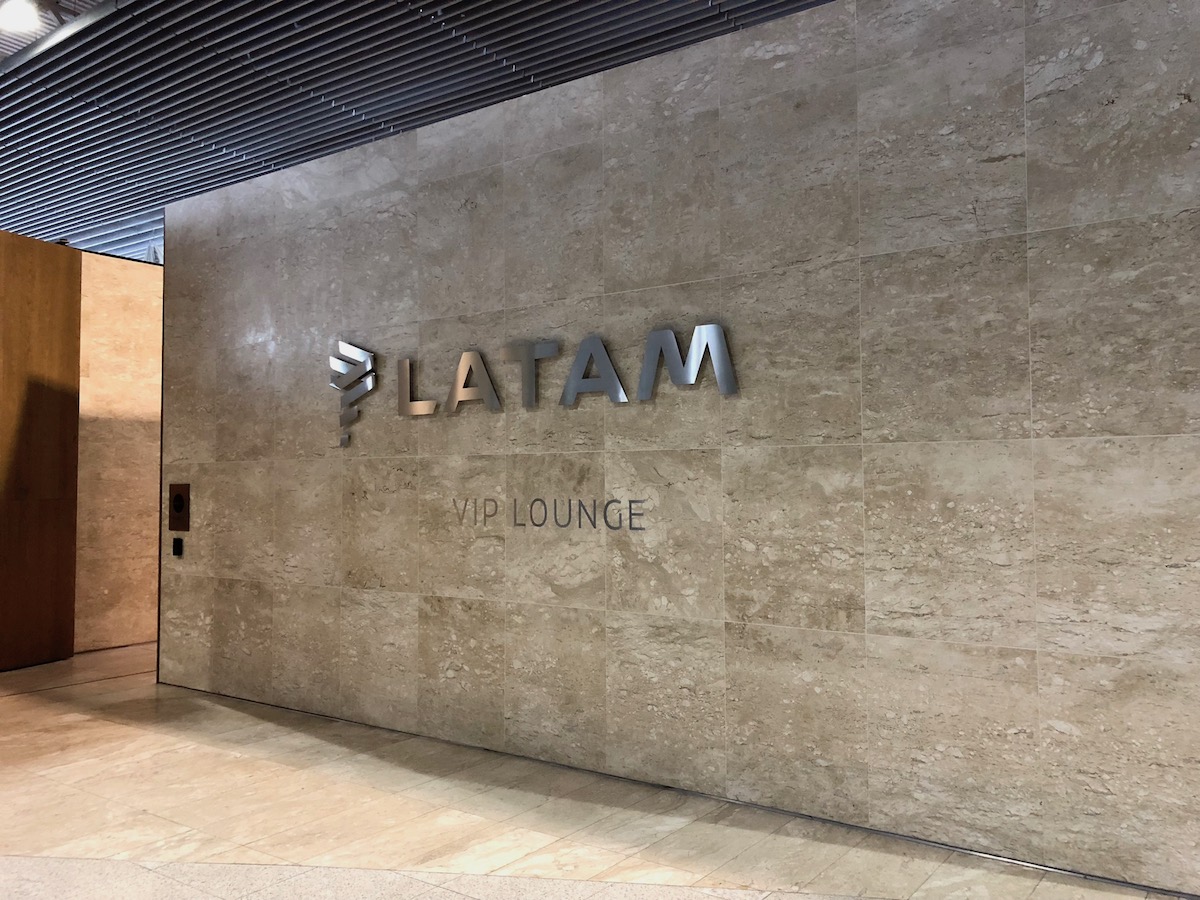
While Delta will no doubt offer reciprocal benefits:
- They likely won’t have nearly as many global partners
- Delta often restricts benefits to specific circumstances/types of tickets (in other words, despite Delta’s big investment in both airlines, I doubt Virgin Atlantic elite members will get access to LATAM lounges when flying the airline domestically)
Qatar Airways
There aren’t really practical implications here, but it is still noteworthy. Qatar Airways owns a 10% stake in LATAM. Delta and Qatar Airways hate one another. Qatar Airways CEO Akbar Al Baker constantly talks about Delta, and their “granny” flight attendants, and their “sh!t aeroplanes.”
Purely in terms of ego, I can’t imagine Al Baker is all too happy that his friends in Atlanta just purchased a bigger share of the airline than Qatar owns. I’d be shocked if Al Baker wasn’t emptying out his piggy bank today to see if he can buy more, because he doesn’t want to be second place to anything compared to Mr. Bastian.

Bottom Line
Delta’s investment in LATAM is possibly the biggest airline acquisition news in the US since the merger spree we saw among US airlines (which started with Delta & Northwest and ended with Alaska & Virgin America).
This is big in so many ways — in terms of the amount spent, in terms of the implications this has for the global alliances, and in the sense that Delta literally stole LATAM from American and oneworld, and is in the process throwing Gol by the wayside.
What’s your take as to who the losers are with Delta’s investment in LATAM?
Let's block ads! (Why?)
https://onemileatatime.com/deltas-latam-investment-losers/
2019-09-27 11:19:48Z
52780394998368











